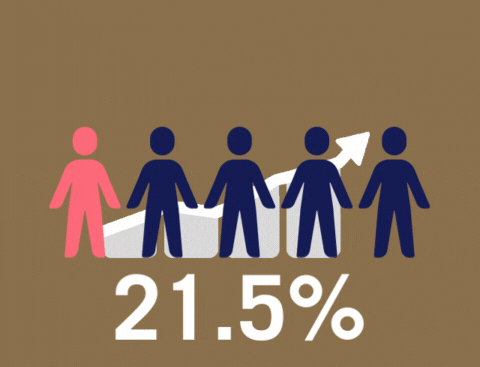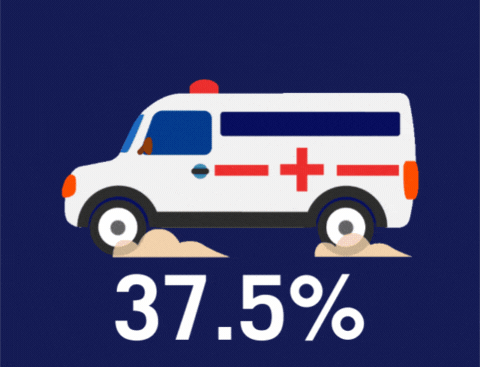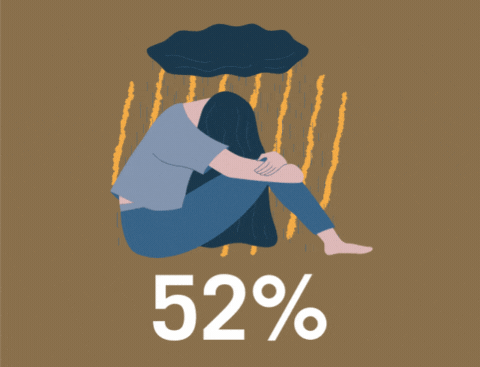There is no doubt that life can be tough! In Singapore and across the world, an increasing number of people are struggling with mental health concerns. As the world continues to grapple with the impact of the Covid-19 pandemic, the long-drawn battle has further exacted a toll on the mental health of people globally.
In the context of Singapore, mental health issues have certainly taken centre stage. According to an online poll conducted by Milieu Insight in September 2021, 76% of the 1,000 respondents indicated that they felt sad or depressed, while 65% revealed feelings of loneliness.

of those aged 18-29 reported poor mental health, the highest amongst other age groups. The same group also showed the biggest increase in poor mental health compared to the other age groups (from 16.5% in 2017 to 21.5% in 2020).
*statistics taken from the National Population Health Survey 2020

increase in suicide rate among those aged 10-19, from 4.0 per 100,000 persons in 2019 to 5.5 per 100,000 in 2020. According to the Samaritans of Singapore, suicide is the leading cause of death for those aged 10-29 years old.
*suicide rate taken from the Immigration and Checkpoints Authority (ICA)

of youths indicated mental wellbeing as a challenge during the second half of 2020. Top stressors include - anxiety about the future (53%), stress over finances (41%) and worries about academic or work performance (39%).
*polls conducted by the National Youth Council
Such statistics are sobering, and at SMU, we recognise that students’ mental wellbeing is paramount in order that they will be able to achieve their academic and personal goals, enjoy their time at university, and successfully complete their programmes.
Research has shown that resilience and mental health are closely linked. Young adults with higher levels of resilience are less likely to experience depression, trauma and anxiety. Resilient people also have a lower risk of turning to unhealthy coping mechanisms such as substance abuse, self-harm or eating disorders.
Through the SMU Resilience Framework, we strive to cultivate a supportive university environment where the necessary support and resources are provided to enable students to develop life and coping skills when confronted with everyday stressors and during particularly challenging circumstances. Such skills are transferrable to a range of post-university settings, including workplaces.
It is our hope that the SMU Resilience Framework will create safe spaces to share and learn, as well as open opportunities to nurture and strengthen relationships and networks of support. Afterall, while we cannot run away from the fact that life is filled with stress, it is how we view it and cope with it that makes the difference!
